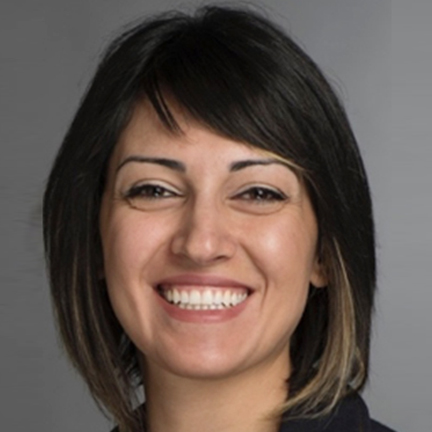Health and Behavior: Analysis of Cardiac Signals Related to Atrial Arrhythmia

Led by Behnaz Ghoraani, Ph.D.
Dr. Behnaz Ghoraani is a Faculty Fellow at the Institute for Sensing and Embedded Network Systems Engineering at Florida Atlantic University (FAU). Dr. Ghoraani completed her Ph.D. in Electrical and Computer Engineering at Ryerson University, Toronto, Canada, in 2010. Dr. Ghoraani is the founder and director of the Biomedical Signal and Image Analysis (BSIA) Lab at FAU. The multidisciplinary research at BSIA lab has largely focused on developing innovative signal analysis solutions to tackle big bottlenecks in data analytics with an emphasis on automated and reliable clinical decision-making systems and effective therapeutic techniques.
Dr. Ghoraani has served at the organizing committee of several conferences including the IEEE International Symposium on Computer-based Medical Systems (CBMS) in 2017 and 2018 and the IEEE Life Sciences Conference (LSC) in 2016 and 2018. Dr. Ghoraani has served as the session Chair in several conferences including the IEEE Engineering in Medicine and Biology Conference (EMBC) in 2017 and 2018. Her students’ work was recognized as the best paper award of the IEEE EMBC in 2016 and the Gordon K. Moe Young Investigator Award in 2015 as well as NSF travel award in 2016. Dr. Ghoraani and her students recently filed two patent applications for developing methods for guiding sensing catheters to locate cardiac arrhythmia sources.
Characterizing human motor-cognitive performance through a combination of data analysis for computerized walkway and wearable sensors, and machine learning.
This REU project is focused on characterizing human motor-cognitive through a combination of data analysis for computerized walkway and wearable sensors, and machine learning. The research training experience will focus on the application of data analysis and machine learning for computerized walkway and wearable sensors, and machine learning to translate body movement data obtained using wearable sensors to biomarkers that can identify individuals at risk for Alzheimer's disease (AD) with similar accuracy as computerized walkways. The developed system has the potential to translate to an early-warning motor-cognitive screening tool that will shift the current clinical practice to enable early detection of AD and mitigate unnecessary and preventable progression. REU participants will work as part of a small team to design, implement, and evaluate a prototype of this screening tool. Participants will gain a variety of skills, ranging from accelerometer and gyroscope data processing, to motion tracking, to neural networks and machine learning.